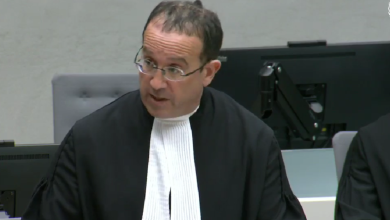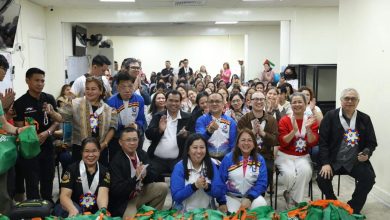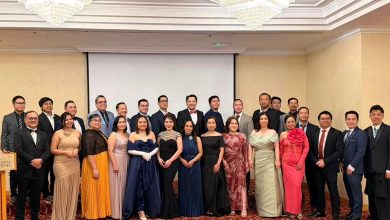President Ferdinand R. Marcos Jr. has initiated a study to explore ways for the government to provide a seamless e-visa process for Indian nationals.
During the 6th meeting with the Private Sector Advisory Council (PSAC) Tourism Sector Group at Malacañan Palace, President Marcos emphasized that faster e-visa processing for Indian nationals would significantly boost tourism in the country.
“We don’t have any such issues [with India]. So, I’m sure we can use their system,” President Marcos stated.
Currently, Indian nationals must make a personal appearance at the Philippine Embassy in New Delhi under the existing e-visa system, which hampers its efficiency.
The private sector group pointed out that the e-visa process for Indian tourists can take up to a month, making the Philippines a less attractive destination.
“To address this, we recommend engaging a third-party service provider to establish, run, and maintain the e-visa system under the guidance of relevant government agencies,” the group proposed to President Marcos during the meeting.
“This approach will ensure consistent monitoring and immediate resolution of any challenges in the process and system. It will also streamline the application process, resulting in more applications due to the expedited process,” he added.
Currently, the e-visa system for Indian nationals is in beta testing, limited to walk-in clients at the Philippine Embassy in New Delhi.
The PSAC Tourism Sector Group underscored the importance of enhancing the e-visa system for Indian nationals to boost the country’s tourism industry.
Indian visitors are “repeat visitors” who spend an average of eight nights and $100 per person per day in the Philippines, the group noted.
Moreover, 78 percent of Indian nationals stay in hotels, engaging in activities such as shopping, sightseeing, beach holidays, diving, visiting friends and relatives, and business investments, PSAC reported.
The group also highlighted that India’s fast-growing economy and rising middle class are projected to increase outbound trips to 30 million by 2025.




